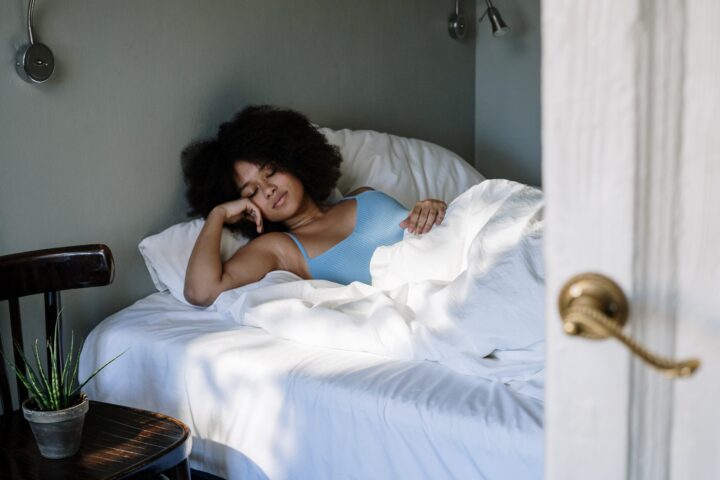
Having a good night’s sleep is as essential as having a balanced diet or regular exercise. Depriving yourself a good night’s sleep has a lot of side effects. It could affect the brain’s functionality; gaining weight is another effect and could increase the chances of diseases in a child or adult.
Research shows that not sleeping well immediately affects our hormones, exercise performance, and brain function. Over the past years, the quality and quantity of sleep has declined. A lot of people consistently get poor sleep.
Getting a good night’s sleep is one of the most important ways to optimize your health. In contrast, good sleep can help you exercise and keep you healthier.
Here are tips to help you sleep better at night. Reduce blue light exposure in the evening.
Exposure to light during the day benefits us, but nighttime light exposure has the opposite effect on us. This is due to the impact on your circadian rhythm. Circadian rhythms are physical, mental, and behavioral changes that follow a 24-hour cycle. It tricks your brain into thinking it’s still daytime.
1. Don’t Costume Caffeine Late in The Day
Caffeine has numerous benefits for our body. A single dose of caffeine can boost focus, energy, and sports performance. However, when taken late in the day will stimulate your nervous system and may stop your body from naturally sleeping at night.
2. Reduce Long-Day Nap
While short naps during the day are important to our bodies, long naps can affect our sleep at night. Long naps during the day can confuse your internal clock, making it difficult to sleep at night.
3. Don’t Take Alcohol at Night.
Having a couple of drinks late in the night can affect your sleep. Alcohol disrupts sleep patterns, so we must avoid taking alcohol late in the day.
The bottom line is that good sleep is important to our health. Therefore we should endeavor to sleep properly. So you must make sleep a top priority.
